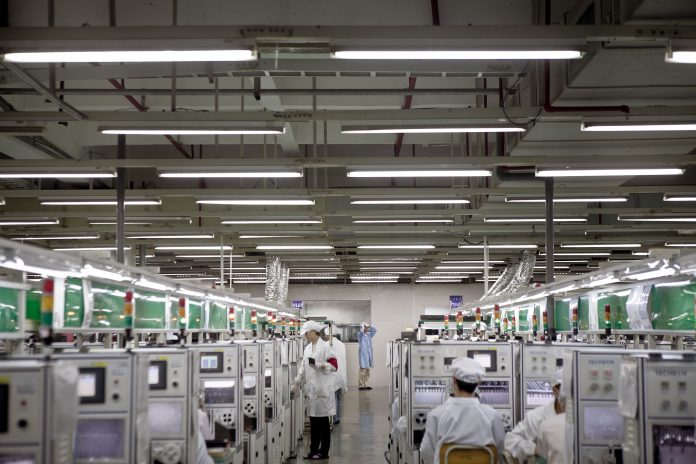In China, the arrival of spring usually signifies a spike in hiring in China. However, the effects of the COVID-19 coronavirus has disrupted the pace of recruitment throughout the whole country. Of those worst affected are the college graduates and the millions of stranded migrant workers in the country’s west. The result is a devastating shortage of workers in some eastern regions.
In order to mitigate the impact on employment, the government has been implementing a number of measures to ensure job creation, facilitate the employment of rural migrant workers and college graduates, and solve difficulties for small and household businesses.
In 2019, the number of migrant workers in China was about 290 million. Up to 75 million of these workers held jobs outside of their home provinces. The quarantines and preventative measures implemented by the government have left many of these workers stranded and unable to return to work.
In an effort to help these workers return to work, the government has arranged chartered vehicles to take workers from their homes directly to the factories, streamlining the health screening process.
In some provinces, chartered planes are being arranged to fly workers back to the cities where their jobs are located. Kunshan Q Technology Co, Ltd, a high-end camera module manufacturer, stated that they have received far more orders for their products this March compared to last year, but they are unsure if they can meet the demand due to massive worker and manpower shortages.
After learning the urgent need of the enterprise, local authorities decided to seek more workers to fill in the vacancies.
“We worked with related departments in Tongren to dispatch more than 700 workers to Kunshan, half of whom are poverty-stricken individuals, with free flight and railway services,” said Liu Ping, a local official in Kunshan.
Liu added that the measure can both help workers acquire jobs and ease worker shortages in Kunshan.
“More importantly, it can develop a talent pool for the future industrial shift from the well-developed east to the less-developed west.”
The authorities are also currently in the process of helping rural workers secure jobs in their hometowns. In the city of Huai’an, the local government has announced several measures to stabilise employment, including the introduction of jobs and employment subsidies to encourage migrant workers to work in their hometown.
Kanghong Cereals, Oils and Foodstuffs Co, Ltd in the lockdown city of Huanggang has promised an extra daily subsidy of 100 yuan for every contract worker during the epidemic. Now 80 percent of its contract workers have returned to work and another 32 temporary workers have been recruited. A statement by a company manager says that despite a 60 percent rise in operation costs, the company will take on greater social responsibility and provide more job opportunities.
Overall, large companies will be able to withstand some of the impact caused by the COVID-19 outbreak. However, the SME sector is where most of the vulnerabilities lie. The Chinese government has rolled out a series of policies, including subsidies and cuts and exemptions of tax and social insurance payments, to help smaller companies stay afloat throughout the current ordeal and to lower unemployment rate. In total, over 500 billion yuan in social insurance payments can be expected to be cut and exempted soon.
Companies can expect the subsidies to help sustain staff confidence and assist in resuming normal production more quickly.






















